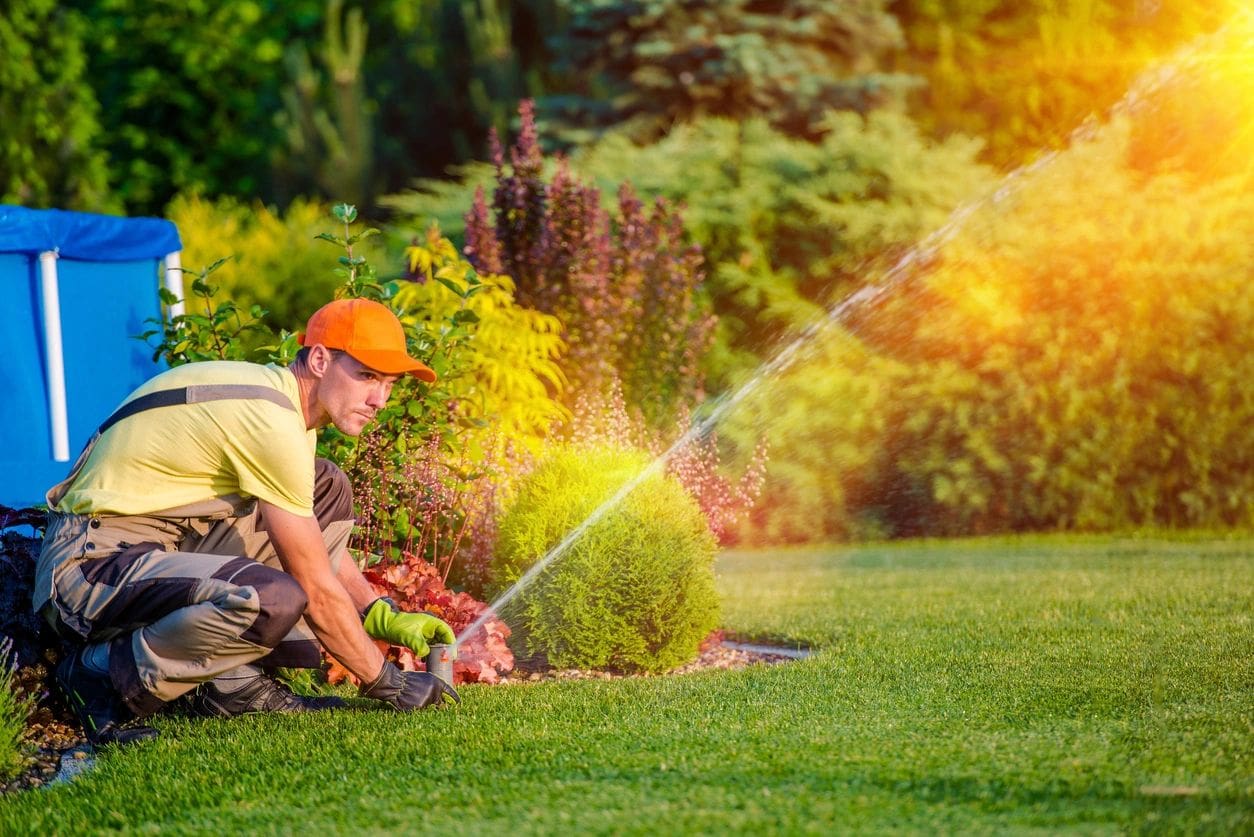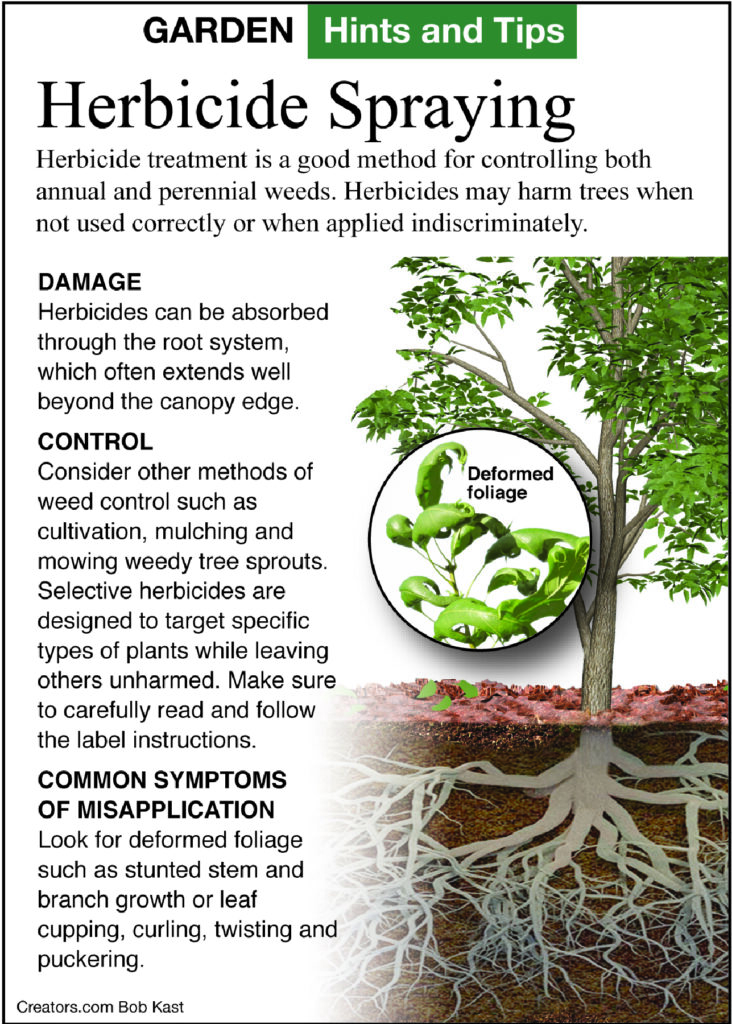Search Posts
Recent Posts
- Rhode Island Weather for May 31, 2025 – Jack Donnelly May 31, 2025
- Burn with Kearns: Fix Your Foundation: Core, Mobility & Joint Health – Kevin Kearns May 31, 2025
- In the News… quick recap of the week’s news (5.31.25) May 31, 2025
- Business Beat: Navigant CU receives prestigious Community Impact Award from NEACH May 31, 2025
- To Do in RI: Taste of Rhode Island. Food, libations, entertainment, auction for Matunuck Oyster Bar May 31, 2025
Categories
Subscribe!
Thanks for subscribing! Please check your email for further instructions.

A Greener View: Using the right lawn weedkiller – Jeff Rugg
by Jeff Rugg, contributing writer,
Q: I wanted my landscaper to use a weed and feed type of fertilizer on my lawn for several kinds of weeds. He said that it wasn’t a good idea as it could kill my trees and shrubs. He wants to use a spray liquid weedkiller, but I am afraid that it will drift onto my flower beds. We are at an impasse. What do you think of these two methods?
A: I have several thoughts. First, you are both right. Herbicides are designed to kill plants. There are differences between grasses and non-grasses that can be exploited to allow weedkillers to work and not harm the grass. However, the chemicals that work on non-grasses work on all plants that are not grass.

Herbicides that are for lawn weeds are often overused. They are sometimes used when there aren’t even weeds to treat. They are often used incorrectly and at the wrong time, especially by homeowners who have no training. Lawn care professionals are often required to take tests and be licensed, so in theory, they should apply the chemicals properly.
Before buying any herbicide, read the directions on the label to see if you can use, store and dispose of the packaging properly. If not, then don’t buy it. Read the label each time you use the product to be sure you are applying it properly, at the right rate, at the right time and safely. The right time to apply the weed killing component may not be the right time to apply the fertilizer component on some lawns.
Tree and shrub roots grow away from the trunk several times farther than the branches. If the weed and feed label says to not apply it within the tree root zone, then don’t do it. Most plant roots grow in the top foot of soil where they can get water and air. Tree and shrub roots are intermingled with lawn grass roots. If the herbicide can contact the weed roots, it can contact the tree and shrub roots.
The herbicides used in weed and feed products will damage trees and shrubs when they contact the roots. If the trees are big, the damage may not be much, but it can accumulate over time as more product is applied.
How many weeds are in the lawn? Why are there weeds in the lawn? Lawn grasses are incredible. They are basically bonsai. Unmowed lawn grasses will grow to about 2 feet tall, but we mow them to 2 inches tall. Then we walk and run all over them, compacting the soil. Unmowed grass has enough leaves to grow a large, deep root system. Mowed grass has a small root system that has a hard time gathering water and nutrients. Grass grows best in full sun, but we plant it under trees and in the shade of buildings. Many weed species can grow in shade, in compacted soil, without much water and few nutrients.
If your lawn area has a hard time growing grass, then maybe it is better to switch to other plants that don’t need to use weed and feed products. If there are only a few weeds, then why treat the whole lawn area to a weed and feed when a spot spray on the individual weeds would work? Of course, the spray needs to be applied following the label directions, including how much wind there is so that it doesn’t drift away from the intended target.
Read the label of all herbicides to see if there is more than one ingredient. Some products have one herbicide to kill plants quickly and another ingredient that prevents new plants from growing for six months. Will that latter ingredient harm the plant roots over a longer time frame?
___
To read more columns on gardening by Jeff, go to: https://rinewstoday.com/?s=jeff+rugg

Email questions to Jeff Rugg at info@greenerview.com. To find out more about Jeff Rugg visit www.creators.com.
